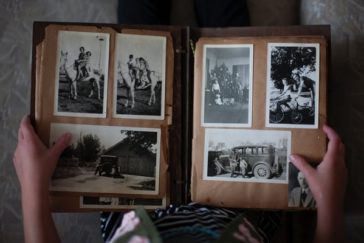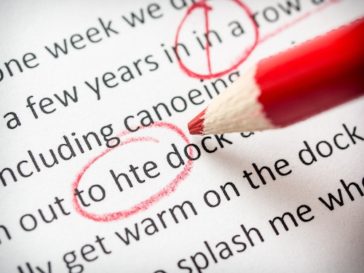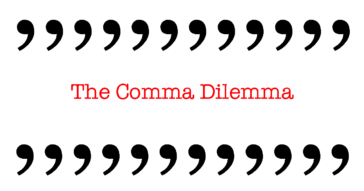Writing for the Family
Did your parents tell you about their growing-up days? Would your children and grandchildren like to read about how they coped during the Great Depression? The Second World War? What their teenage years were like? What do you suppose your children and grandchildren would like to know about your own growing-up days? Do they know where you were born? Where you went to school? What you and your family and your friends did together? I’m talking about writing for the … Read More »






